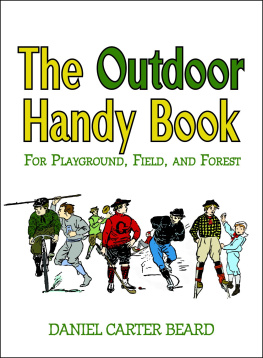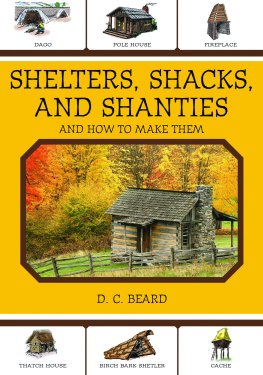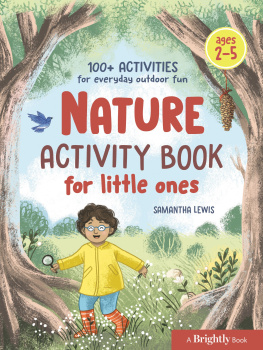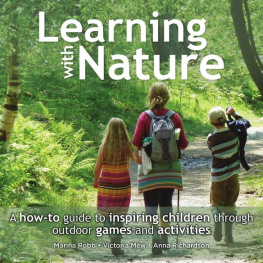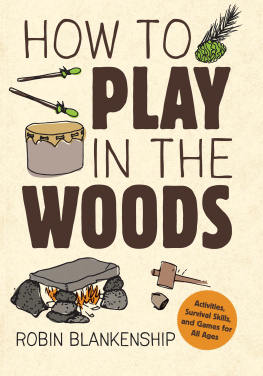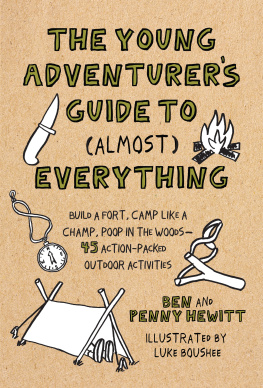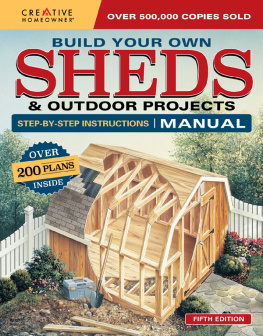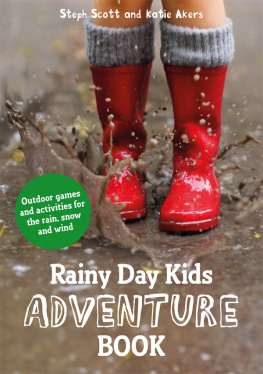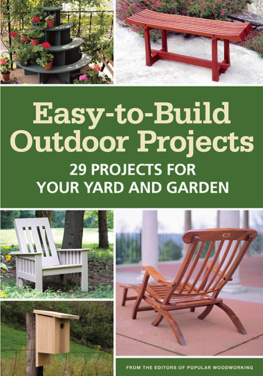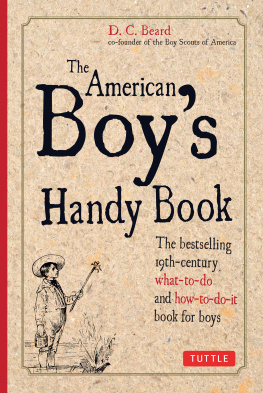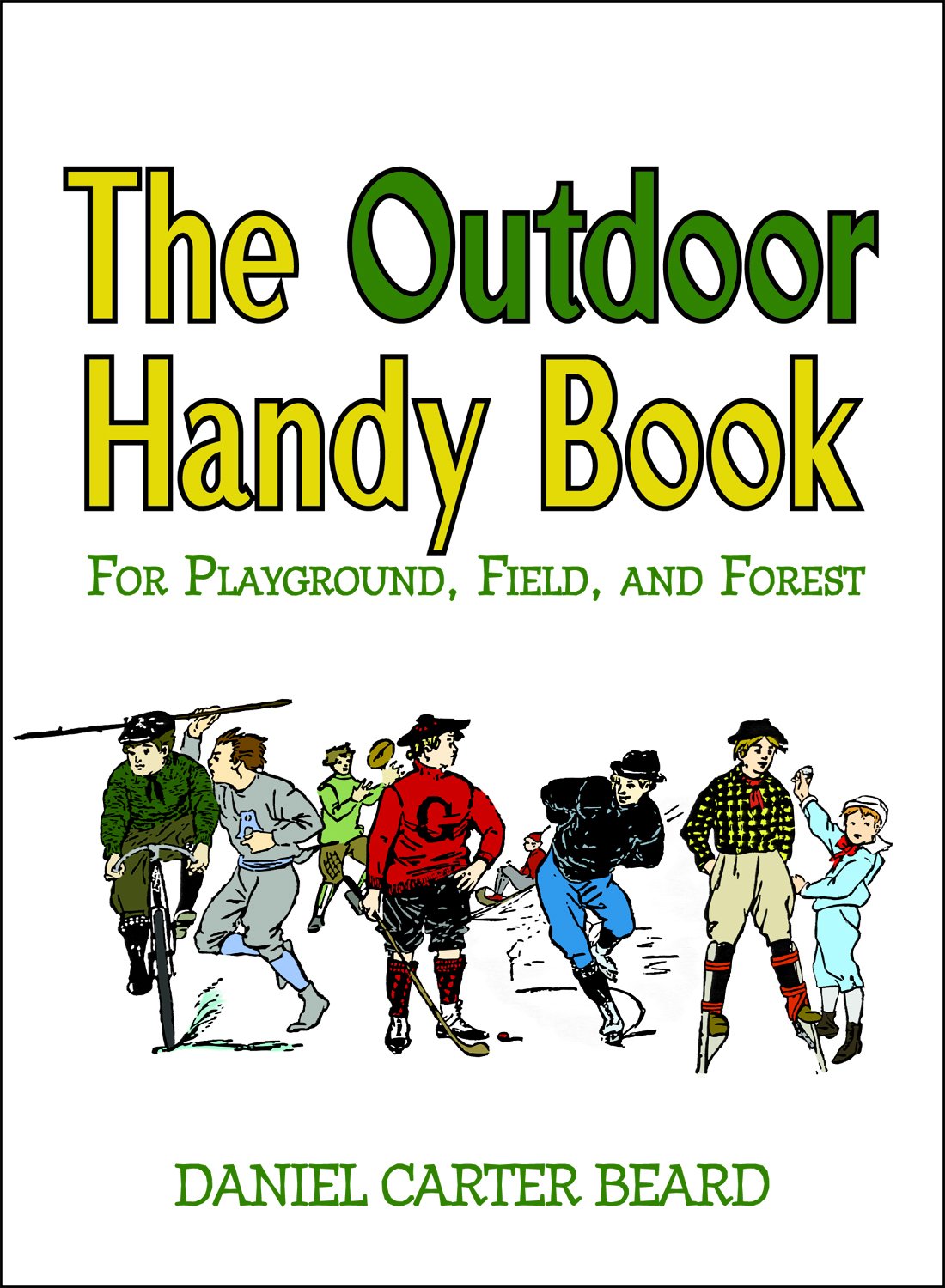Marble TimeHistory of theGame-Salcya-Muni and Humphrey Potter-How Marbles are MadeMarble Names, Marble Terms, and Expressions-Games from Bull Ring to Long Ring.
Marble Time.
IN the early spring time, while the white frost still jewelled the grass in the mornings and the ground was alternately frozen at night and thawed by the morning sun, marble time used to begin, and on Long Island the custom of playing marbles as soon as old winter has taken off his coat of snow is still in vogue.
How my knuckles used to smart where the cold wind had chapped them and knuckling down had ground the mud into the raw places. But, pshaw ! What did I care for raw knuckles, as with a pocketful of assorted varieties of marbles I watched eagerly for a playmate, and as soon as one appeared, shouted, First for keeps!
In those days I thought that gambling consisted only in playing games for money.
Four hundred years before the first incidents occurred that are written of in the New Testament, old Sakya-Muni was dead and buried, but, like John Brown, his spirit keeps marching on.
Sakya-Muni was a great man, but I doubt if any of my young readers would like him. Mr. Muni founded a great religion, but he was narrow-minded. Boys in those days were just like the boys of this daythey were fond of fun, fond of games, and they made little windmills, and they enjoyed seeing the wheels buzz in the breeze.
Old Sakya-Muni thought this sinful and silly. He forgot that he was ever a boy himself, so he forbade windmills as detrimental to progress in virtue. Sakya-Muni, or Gautama Buddha, was an ancient Puritan; he was down on chess or checkers, hop-scotch he abhorred, jack-straws to him were the invention of the evil one, ball was a game of perdition, drawing pictures,blowing horns, racing, archery, and marbles, were equally bad and forbidden sins.
There are many estimable, narrow-minded, half-developed people of to-day who think just as Buddha did so long ago, but fortunately for the young people no one now takes them seriously.
Sakya-Muni had no intention or desire to be of assistance to the author of this book. No doubt if the old pagan were alive he would forbid its publication, but nevertheless he is introduced to the reader because his denunciations of these games prove that the youngsters of his day found entertainment in the same games that occupy the leisure of the school-boys at the close of the nineteenth century.
Not many years ago there was a boy named Humphrey Potter, who, sad to relate, in spite of Mr. Munis harangue against games, would rather play marbles than work; but he was a poor boy, and he would rather work than see his parents deprived of the comforts that his little earnings could procure. Humphrey was only a boy; he did not know anything. Not one of the great men who had invented the awkward, puffing old steam-engines that were used in those days would have condescended to consult Hump in regard to his invention.
The poor little chap had to sit all day on a stick of wood for a stool, and, with one hand on the steam-cock and the other on the water-cock, alternately turn on steam and water. When he turned on the steam this vapor rushed into the cylinder and forced a heavy piston up; when he turned on the water, that fluid rushed in, cooled off or condensed the steam and down came the piston. So that without a boy at the steam and water cocks this great invention of full-grown men would not work.
But Hump had a better head than these men, and the lad wanted to play marbles. So down went his hand into that junk-shop which every boy has, but which he calls his pocket, and out came a piece of stringmost likely it was a top-string-and Hump harnessed up the piston to the valves.
It was as simple as falling off a log. The piston opened and shut the valves itself, and Humphrey played marbles and drew his pay at the same time.
Simple as falling off a log, but like many things it was too simple for a man to think of, and yet simple as it was Humphrey Potters invention lifted the steam-engine from the plane of a clumsy machine chiefly used for pumping purposes to the higher field where its uses are so manifold as scarcely to be numbered, and Humphrey was only a boy and an inveterate marble-player at that.
Boys, when you hear the thunder of the railroad train, the hum of the factory wheels, or the whistle of the big steam-boats, rattle the marbles in your pockets, and say, Well, if it were not for one of us, where would all your wonderful inventions be, you great, big, bald-headed, bearded boys that build your cities without leaving us room for a Bull Ring?
Terms Used in the Game.
Before going any farther, I might as well give the meanings of the principal terms used in marblesthe phrases which mean so much to boys and so little to those who are unfamiliar with them.
The Taw or Shooter , is the marble used for shooting.
The Taw Line or Tie Line , or Scratch , as it is often called, is the line drawn for a starting-point in games like the Long Ring.
Ducks are the marbles to be shot at.
Dubs means that you take all the marbles knocked out of the ring by one shot.
Fen Dubs means that you must put back all but one marble.
Lofting means shooting through the air. When you loft you knuckle down and your taw goes through the air and does not strike the ground until it hits the duck aimed at, or a spot near it.
Knuckling down means what the name implies, resting the knuckles on the ground during the act of shooting.
Hunching means shoving your hand over the mark as you shoot. Hunching is unfair, and if a good shot is made and the player making it is caught in the act of hunching he should be made to shoot over again and shoot fair.
Histing is holding the hand some distance above the ground. Histing is not allowable in the Bull Ring or in Meg-on-a-String.
Roundsters means taking a new position on one side or the other of some obstruction. This is not fair in Bull Ring.
Sidings means to move your taw from one side to the other in a straight line when about to shoot, and is not allowable in Bull Ring.
Burying is the term applied to the act of placing your taw in a good spot and then forcing it into the ground with the heel of your shoe. Burying is sometimes allowed in all games of marbles, but only by unskilled players; with the others Fen buryings is the unwritten rule of the game.
Laying in is similar to burying, with the exception that your taw is left on top of the ground. This is also a baby game and not often resorted to. Laying in also means placing the marbles in the ring.
Clearances means removing stones, sticks, or other objects between your taw and the ducks.
Sneaking is the act of shooting for a position.
Babying is shooting with little force, so as not to knock the ducks far or to cause your taw to fly far. Babying is not of much use in large rings, but is often resorted to in small rings and in such games as Follerings. There is no rule that can make you stop babying, so the other players always try ridicule. This never succeeds to any extent, though it eases the minds of the unsuccessful players when another boy is skinning the ring by babying.
Playing for Keeps is a game in which all the ducks won are kept. Playing for Fair is an Eastern term with the same meaning, and for Fun means of course that all the marbles are returned to their original owners when the game is over.
The Right Spirit.

